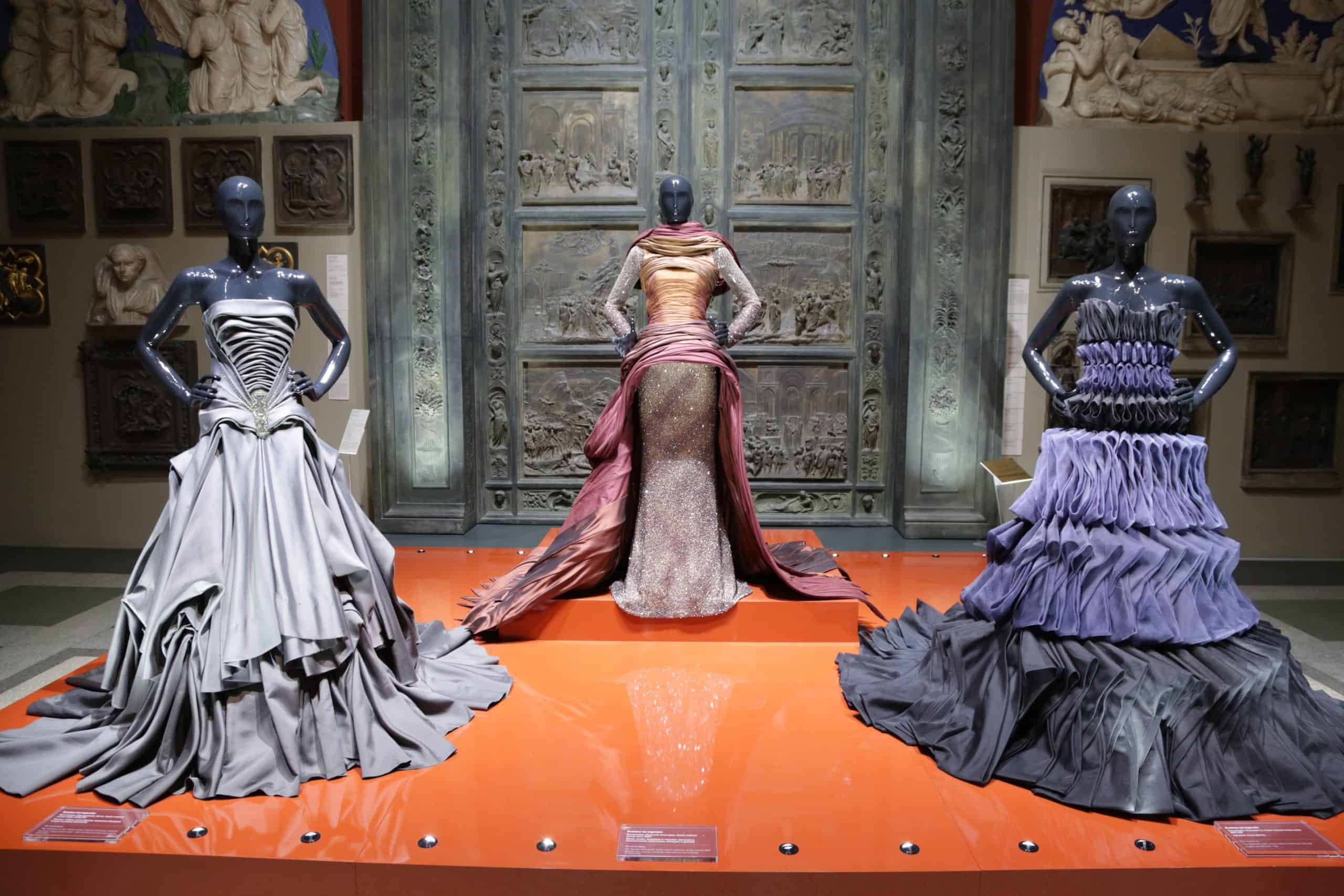As the digital asset economy continues to sweep the world, non-fungible tokens (NFTs) are the latest craze. The NFT mania will now likely grow even hotter in Asia.
Over the last 24 hours, two separate NFT ventures were announced in Hong Kong and Singapore. The first comes from Hong Kong Digital Asset Exchange (HKD.com), which is planning to launch a one-stop NFT trading platform for artists in the third quarter of this year.
The second is a new partnership between Media Publishares — publishers of Vogue, Esquire, Robb Report and Buro in Singapore — and blockchain-powered advertiser VIDY to launch an NFT platform, also in the third quarter this year, for the fashion, arts and music industry. VIDY is a digital advertising tool that rewards viewers with native cryptocurrency, VIDYCOIN.
A one-stop NFT shop for artists
According to an April 8 announcement, Hong Kong Digital Asset Exchange is aiming to become one of the first digital asset exchanges in Hong Kong to provide an NFT trading platform.
The soon-to-be launched NFT trading platform plans to provide artists with an online platform for their artworks in publishing, promotion, trading and payment, in different product categories, including digital art as well as encrypted collections of animation, music and movies.
Leveraging Hong Kong Digital Asset exchange’s trading platform, users will be able to make offers and bids on NFTs as well as carry out token trading and exchange. Artists also would be able to publish their own digital artworks through the platform. To serve as a one-stop shop Hong Kong Digital Asset Exchange also plans to provide physical store exhibition services for artists.
Kelvin Yeung, founder and CEO of HKD.com, cited the lack of a robust trading platform for NFTs in Hong Kong’s current market as the reason why his company is launching one.
Hopefully, the platform will not only help local artists earn more money from their talents but also develop the art market in the region, Yeung added.
Fashion shows, virtual Oscars and the Met Gala
Separately, the NFT platform announced by Media Publishares and VIDY, will target the fashion and luxury sector. The platform aims to create a 360-degree navigable virtual environment to showcase digital fashion, art, music and design.
According to their official announcement today, the key features of the platform will include minting, trading and auctioning of NFTs through a tokenized system along with the ability to host social interactions.
“The NFT market grew over 229% since 2020 to reach over US$500 million. However, it’s still in early stages and has a long way to go with regards to infrastructure development,” said Matthew Lim, a Singaporean tech entrepreneur and co-founder of Vidy, in a news release. “With the metaverse and rise of digital models, people will be able to live in a parallel virtual world where they can own a digital identity and purchase items not just in a digital file, but as any unique asset in their virtual land, similar to their physical world.”
The VIDY-Media Publishares NFT platform hopes to serve a digitally savvy audience looking for luxury items with low environmental impact while also engaging creators exploring a virtual identity for their designs and new revenue streams for their craft.
“What we see is a new creative renaissance where creativity and technology are driving change together,” said Michael von Schlippe, president of Media Publishares. “By creating an NFT platform, which essentially acts as a virtual marketplace between creatives and users, it allows us to provide a unique shoppable platform coupled with content for the community in the form of education, interaction and entertainment.”
In an interview with Forkast.News, von Schlippe described in greater detail how the platform would be used.
“It’s kind of three verticals that we will be focusing on. One is providing users with the ability to come onto the platform to create. And you can create. You don’t have to be an expert, and then you can trade, you can buy, you can sell, you can mint, and tokenize your digital items — be it fashion, art, beauty music design whatever,” he said. “Then, there will be a vertical that will be a more curated space where we want to create authenticity and where we provide limited access, so it becomes a scarcity and it is also then a sign of quality you can trust. And this curated space where we will be able to host certain events — let’s say, for example, a monthly digital fashion show — that will be curated by our Vogue editors in Singapore.”
“There will be a third vertical that we might add later on, which will probably add the entertainment element to it,” von Schlippe added. “If you are a creator, you can create something digital and tokenize it and display it. You want to share the passion. You want to be seen, and see other people. You might be able to attend a digital Oscars or Met Gala event.”
A fad, the future or fantasy?
Ever since the US$69 million paid for digital artist Beeple’s “Everydays: the First 5000 Days” last month, NFTs have blasted into the mainstream consciousness and are now one of the most talked about and controversial areas of the blockchain industry. Artists and cryptocurrency experts are still grappling with what this means for the art and creative markets.
A non-fungible token is a unique set of code preserved on blockchain that points to another digital asset that resides elsewhere in cyberspace. By attaching digital assets such as artworks or other content to an NFT, it is possible to verify the NFT’s ownership, authenticity and uniqueness. However, detractors of NFTS argue that without exclusivity of the content that the NFT points to — which can often be viewed or appreciated for free online — claims of authenticity and uniqueness may be worthless.
Whatever the opinion on NFTs, the market hype is real. Last month, just four days after the landmark Christie’s auction that sold Beeple’s “Everydays: the First 5000 Days” — shares of the Hong Kong-based digital-art trading platform Takung Art soared by as much as 712%.
While Takung Art is an innovator in facilitating an unusual angle on art ownership, where the company divides a work of art into fractional ownership units based on its appraised value and sells shares to groups of individuals or businesses, as opposed to the traditional one person or single organization as the owner of artwork — Takung is not yet even officially in the NFT space.
But the share price of Takung Art soared based on sheer speculation from traders and investors that due to Takung’s innovative business model, the digital art house could soon get involved in the lucrative market of NFT’s — which may speak volumes about the aspirations within this disruptive digital space.
“Currently the NFT scene is probably overhyped, the whole topic is overhyped and is very hot,” von Schlippe said. “A lot of people talk about it, there’s a lot of media coverage and, obviously, many brands companies and individuals trying to dip their toes into this area.”
“But in the long term, I think it’s undervalued,” he added. “People still probably don’t really fully understand what the NFT and blockchain technology in general is able and capable of, and I believe firmly that it will be an essential part of our lives and the technology that we will be using for our businesses and for our lives in the future.”





